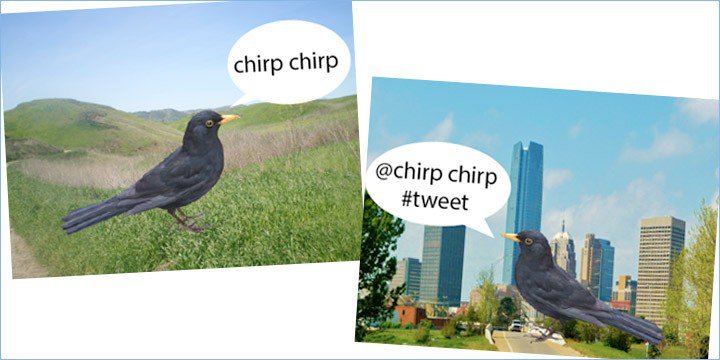Question Your World: Can We Change Our Biological Clocks?
Fresh air! Times Square! Humanity has been carving out places to safely live for thousands of years now. We've taken large plots of land and filled them with buildings, cars, railways, roads, bright lights, and many other things that define city living. So, could these modifications to the natural world have an impact on our natural cycles? Can these changes impact biological clocks?

In 1965 "Green Acres" aired and ushered in the dialogue about natural living versus city life. For the better part of six years America peered into the conversation that the main characters had about their locations. Fresh Air and Times Square basically summed up the opposing camps. Oliver and Lisa, the sitcom leads, went back and forth discussing the impacts of the setting and what that meant for their lives. Well, interestingly enough, scientists have recently been having that same exact conversation. In a 2013 study at the Max Planck institute for Ornithology, scientists researched the sleep patterns in blackbirds and have yielded some pretty interesting data.
Blackbirds are no strangers to cities. In fact various types of blackbirds are commonly found in North America, Europe, Asia, Australia, and parts of Africa. For this study scientists studied the blackbirds that tend to populate in urban areas and compared them to those that still live out in the wild. Well, it turns out that the city friendly birds actually seem to have a slightly different sleep cycle than those that live away from the big city. Urban populations seem to be waking up 29 minutes earlier and sleeping 6 minutes later than their relatives in the wild.
This change may not seem like a drastic one, but it makes a huge difference in the long run. Imagine for a moment taking your regular sleep schedule and changing it permanently by nearly and hour. This is a noticeable adjustment to their 24 hour day / night cycle, also known as their circadian rhythm. The pineal gland on the back of these birds heads resets their natural cycle at dawn daily. One concern for the city birds is that the light pollution in urban areas is not allowing for the pineal gland to work the way it naturally does. A small sliver of light stays a bit longer (or later, depending on how you look at this) and it makes an impact on the animal. This impact over time changes their circadian rhythm, which gets passed along as future generations of these birds are produced.
Humans, for the most part, are very different from blackbirds, but we do share the circadian rhythm. All humans have a day / night cycle just like all types of blackbirds. This study brings up a great point, if blackbirds started to move away from the wild and began to comfortably live in developed areas and have experienced a noticeable change in their biological clocks, could the same be true for humans? After all, we've been living in cities for a long time as well. Human beings have made a lot of changes to themselves, but have these changes impacted us at a level that impacts our biological clocks? We may not share that much in common with the blackbird, but some of us do stay up way later than we should tweeting. Stay tuned for more as news develops.
Extra thought: "Blackbird singing in the dead of night" ... were the Beatles singing about what scientists would research decades later or is this just a happy coincidence?